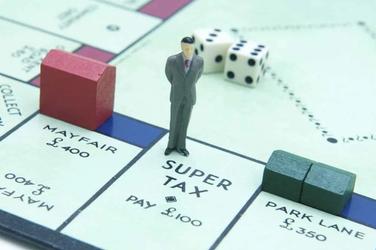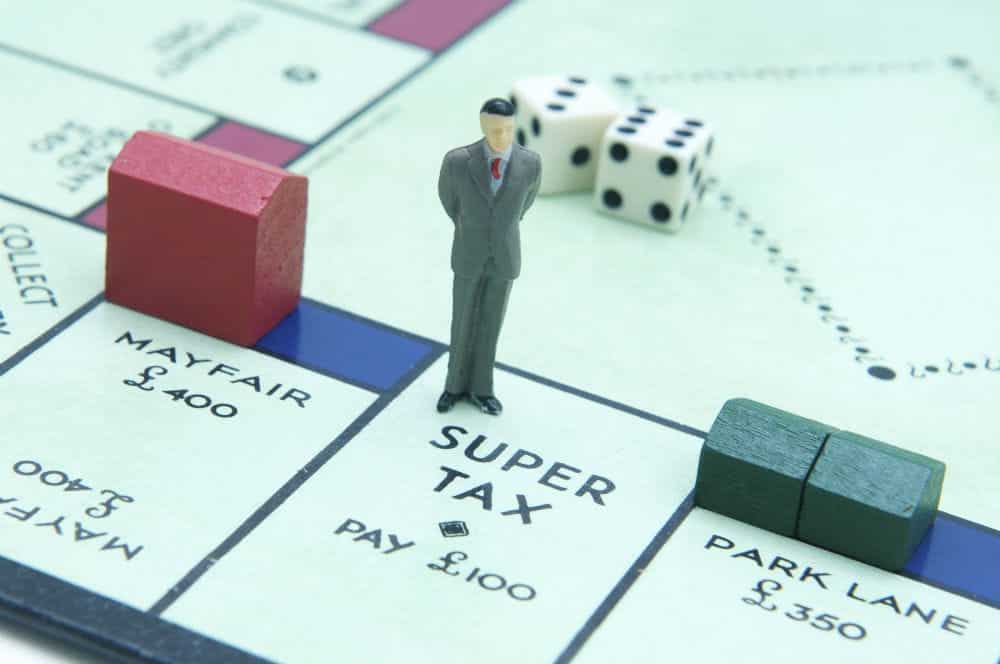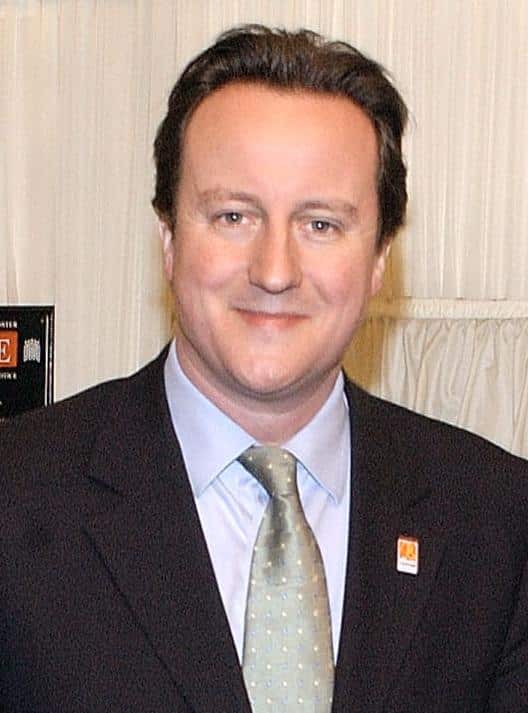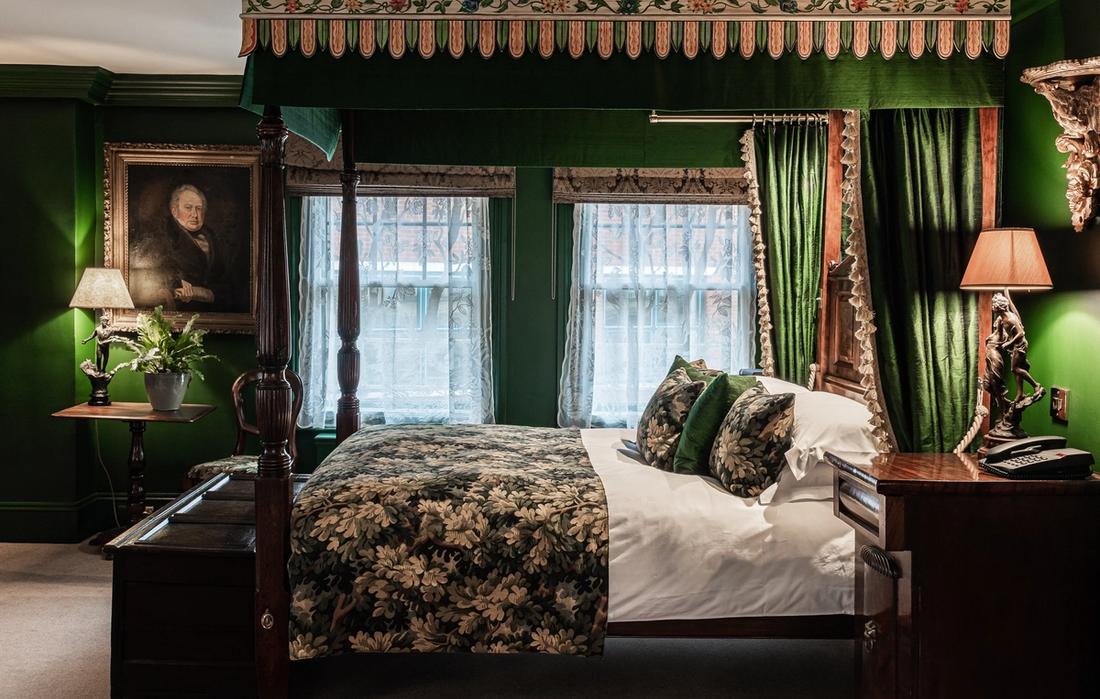The Good Hotel Guide is the leading independent guide to hotels in Great Britain & Ireland, and also covers parts of Continental Europe. The Guide was first published in 1978. It is written for the reader seeking impartial advice on finding a good place to stay. Hotels cannot buy their way into the Guide. The editors and inspectors do not accept free hospitality on their anonymous visits to hotels. All hotels in the Guide receive a free basic listing. A fee is charged for a full web entry.
The Good Hotel Guide
About Us
Independent
Recommended
Trusted
Independent
Recommended
Trusted

‘Swivel-eyed loons’
All blog posts
3 minutes
10 Nov 2014
‘Swivel-eyed loons’
All blog posts
3 minutes
10 Nov 2014

By Adam Raphael, Editor of The Good Hotel Guide
The Prime Minister David Cameron denies calling Ukip supporters ‘swivel-eyed loons’ but it is a matter of record that he once described them as ‘fruitcakes, loonies and closet racists’. All political parties, have a few strange characters in their ranks. But even as a party of protest, Ukip appears to be an odd lot, adrift from the 21st century.
There is one area of public life, however, in which the Kippers’ influence is wholly beneficial. For decades successive governments have ignored the decline of British seaside towns. Places like Clacton, Thanet, Folkestone, Yarmouth, Skegness, Blackpool and Lowestoft have been abandoned by politicians of all the main parties. The result is that 25 of the 31 largest English seaside towns have higher than average levels of deprivation. This has fed a tidal wave of resentment in these areas, which threatens to sweep aside the old political order.
Belatedly, Conservative MPs have woken up the danger and are calling on George Osborne to cut VAT on hotels and tourist attractions. Their motives may be self-serving, but the cause they are backing is right. No sane government would seek to handicap one of its major export earners by lumbering it with an uncompetitive tax regime. In a global economy that is a recipe for decline..

Imagine the howls from the City if the government imposed a transaction tax double the rate of our European competitors. But that is what successive governments have inflicted on tourism, the country’s third-highest export earner. British hotels pay the second-highest rate of VAT in Europe, beaten only by Denmark’s 25%.
Many European countries levy VAT on hotel stays at a third of Britain’s 20% rate. In Portugal, the Netherlands, and Belgium it is 6%, in Germany 7%, and in Italy, Spain and France 10%. Ireland has cut VAT on tourism by one third to 9%, a measure that resulted in an extra 10,000 jobs, and a sharp increase in visitor numbers. Not surprisingly, the World Economic Forum’s tourism index ranks Britain 138th out of 140 countries for competitiveness.
The Treasury’s claim that there is ‘no evidence of a causal link between VAT rates and tourism activity’ is such obvious nonsense that it is amazing that it was ever uttered. The Fnancial Secretary told the Commons last year that a VAT cut would not produce sufficient economic growth to outweigh the revenue shortfall. That, at least, is arguable, but not a scintilla of proof has so far been produced. On the other hand there is ample evidence that a cut in VAT would have a significant impact on an industry which employs nearly three million people, contributes more than £125 million in GDP, and provides hundreds of thousands of entry-level jobs to young people.
The latest study by Nevin Associates, commissioned by the British Hospitality Association, says that a 50% reduction in VAT would lead to a £4 billion increase in GDP after ten years. A survey by Deloitte argued that it would create 80,000 new jobs. An earlier study suggested that it would create 120,000 jobs and be revenue neutral after five years.
Whatever the outcome – and forecasts of future growth are bound to be speculative– the economic case for a reduction in VAT on hotels and other tourist attractions is persuasive. But the political case is no less so. If the plight of British coastal towns continues to be ignored, then the threat from Ukip to the established political order can only grow. Time is running out. The chancellor should think again.
If you’d like to hear more from Adam, sign up for our monthly newsletter which is full of news, views and a competition.


